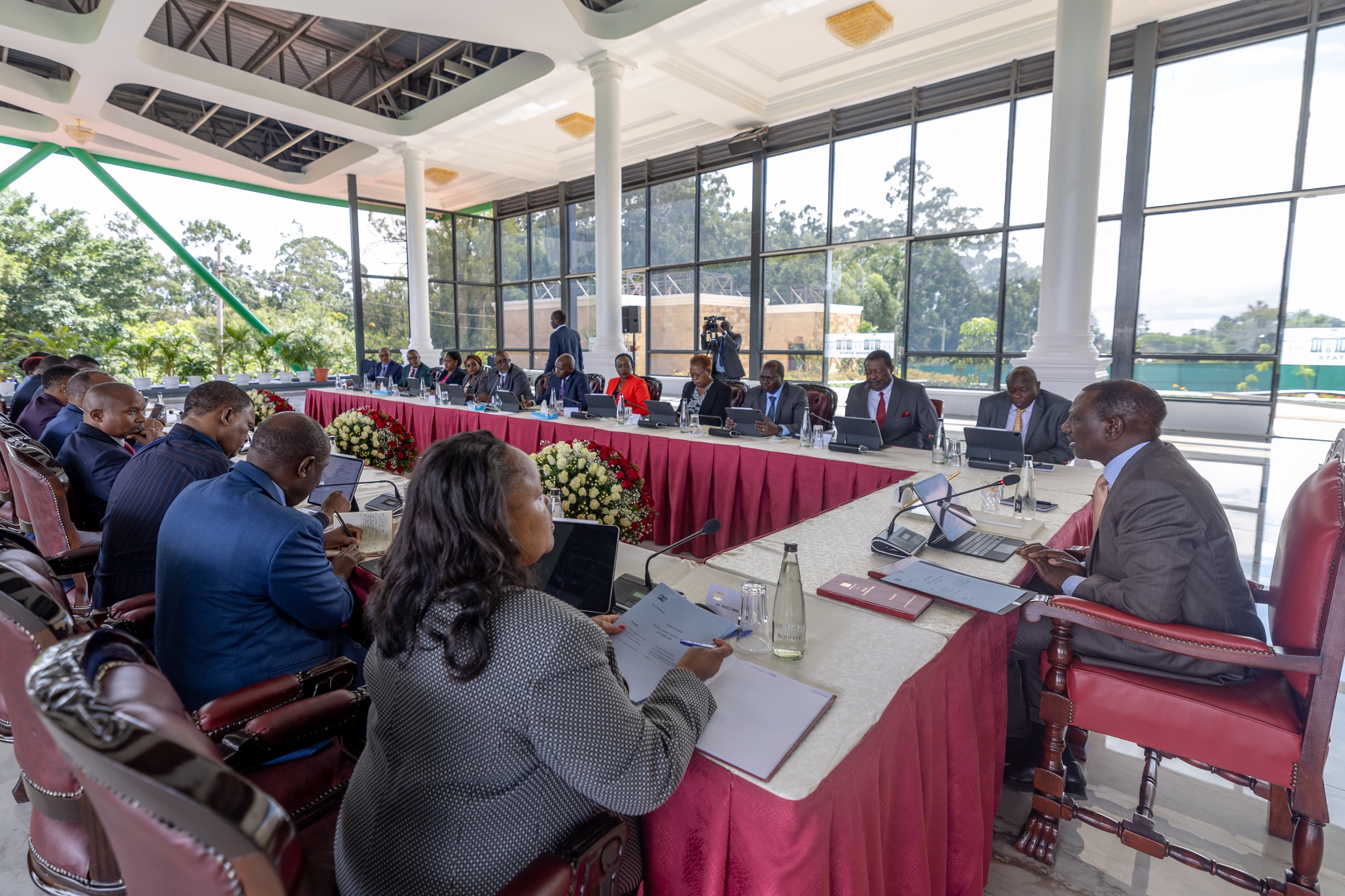The Communication Authority of Kenya has warned against the resurgence of the infamous 'Wangiri' mobile scam in the country.
Wangiri phone scam occurs when scammers call your mobile phone, which rings once, and hang up before you can answer it.
It originated in Japan and is popularly known as the “one ring and cut” scam – wan means “one” and giri means “hang up” in Japanese.
"There has been an ongoing Wangiri scam in Kenya that has been reported by users on various platforms including social media," Chiloba said
"The scam is designed to lure innocent and unsuspecting mobile phone users to return the “urgent” international calls upon which they are unknowingly redirected to premium numbers that drain their credit."
Read More
During the calls, Chiloba said users are made to listen to a recorded message so as to keep the caller connected.

He warned that the longer the caller stays connected, the more money the scammers make.
"In such a case, post-paid subscribers are likely to be unaware because they receive their bills at the end of the month. The pre-paid subscribers can only lose as much as their loaded credit,"
the CA boss said.
In Kenya, Chiloba said many of the calls have been reported to be emanating from telephone numbers with the following codes: +51 (Peru), +64 (New Zealand), among others.
These telephone numbers, according to the CA boss, are illegally purchased by these scammers from the Dark Web, which is a hidden part of the Internet, known for buying and selling illegal goods and services.
To avoid being a victim of the Wangiri scam, Chiloba advised Kenyans not to call back any international number that they don’t recognize.
For those who are already victims, Chiloba says they should report the to their service provider (e.g. Safaricom or Airtel or Telkom) so that they can block the numbers.




-1713880233.jpg)

